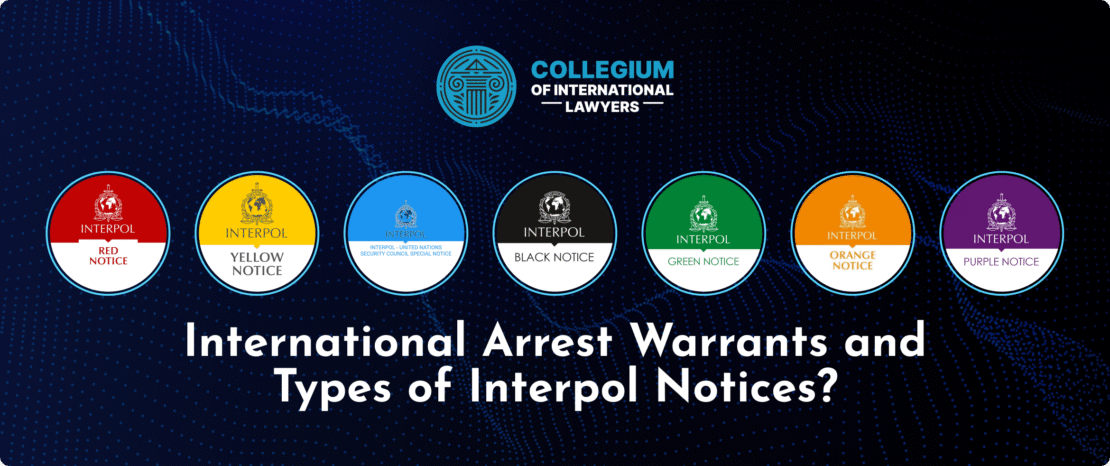
Revolutionizing the Legal Industry: The Rise of Legal Tech Solutions
In recent years, the legal industry has witnessed a significant transformation due to the advent of legal tech solutions software for law firms. Legal tech solutions have emerged as vital tools that enhance the efficiency and effectiveness of legal practices. From automation of mundane tasks to the integration of artificial intelligence, these innovations have created a ripple effect in the legal landscape, facilitating quicker and more accurate legal services.
The Impact of Legal Tech on Law Firms
Traditionally, the legal profession has been known for its slow adoption of technology. However, the increasing demand for faster services at a lower cost has forced law firms to rethink their operational strategies. Legal tech solutions, ranging from document automation software to advanced analytics tools, are reshaping how legal practitioners operate.
1. Document Automation
One of the most significant advancements in legal tech is document automation. This technology allows law firms to generate legal documents quickly and accurately, reducing the risks of human error and the time spent on repetitive tasks. By utilizing templates and automated workflows, attorneys can focus on more strategic aspects of their practice, offering clients enhanced services and quicker turnaround times.
2. E-discovery Tools
E-discovery tools have revolutionized the way law firms handle vast amounts of data during litigation. These solutions employ advanced algorithms to search, sort, and analyze documents, enabling lawyers to identify crucial evidence more efficiently. Furthermore, e-discovery tools support compliance with various regulatory requirements, minimizing the risk of penalties and legal repercussions.
3. Legal Research Platforms
Legal research is an essential part of any legal practice. Legal tech solutions have introduced platforms that significantly streamline this process. Advanced search functionalities powered by artificial intelligence allow lawyers to find relevant case law and statutes quickly. These platforms also offer insights and analytics that can inform legal strategies, enhancing the quality of legal advice provided to clients.

Improving Client Interaction
In today’s digital age, clients expect more proactive engagement from their legal representatives. Legal tech solutions facilitate improved communication between attorneys and clients. Through client portals and automated updates, firms can keep clients informed about the status of their cases, which enhances client satisfaction and fosters long-term relationships.
1. Client Relationship Management (CRM) Systems
CRM systems tailored for law firms enable lawyers to manage client relationships effectively. These systems track interactions, follow-ups, and case progress, ensuring that no detail is overlooked. By employing CRM systems, firms can identify opportunities for additional services while maintaining strong client relationships.
2. Online Consultation Platforms
Moreover, the demand for remote services has seen a surge in online consultation platforms. These solutions allow clients to connect with lawyers through video calls, facilitating consultations without the need for physical presence. This accessibility expands the client base of law firms and provides greater convenience.
Data Security and Compliance
As law firms increasingly rely on technology, the importance of data security cannot be overstated. Legal tech solutions incorporate robust security features to ensure that sensitive client information is protected. With the introduction of cloud-based storage, law firms can safely store and share documents, crucial for data compliance and risk management.
1. Cybersecurity Measures
With the rise of cyber threats, legal tech solutions now offer enhanced cybersecurity measures. Solutions such as encryption, multi-factor authentication, and regular security audits are essential for protecting confidential client information. Such measures not only comply with legal regulations but also build client trust.

2. Compliance Management Tools
Compliance management tools integrated into legal tech platforms ensure that law firms adhere to the ever-evolving legal regulations. These tools help firms stay updated on regulatory changes, mitigating risks associated with non-compliance.
The Future of Legal Tech Solutions
Looking ahead, the trajectory of legal tech solutions appears promising. As technology continues to evolve, we can expect even more sophisticated tools that push the boundaries of traditional legal practices. Innovations such as artificial intelligence, machine learning, and blockchain technology will further enhance legal workflows and improve service delivery.
1. Artificial Intelligence
Artificial intelligence stands at the forefront of legal tech innovations. AI can analyze vast datasets to predict case outcomes, offering attorneys data-driven insights that inform their legal strategies. It can also improve document review processes by identifying relevant materials faster than human reviewers.
2. Blockchain Technology
Blockchain technology has the potential to revolutionize contract management and transaction securement. Smart contracts—automated contracts that execute transactions when predefined conditions are met—can streamline processes and minimize disputes in legal transactions.
Conclusion
In conclusion, the landscape of the legal industry is undergoing a profound transformation due to the integration of legal tech solutions. By enhancing efficiency, improving client interaction, and ensuring data security, these innovations are not only changing how law firms operate but are also raising the bar for client expectations. As technology continues to evolve, the legal sector must adapt and leverage these advancements to remain competitive in an increasingly digital world. The future of legal services lies in the ability of law firms to harness the power of legal tech solutions while maintaining the core values of the profession.